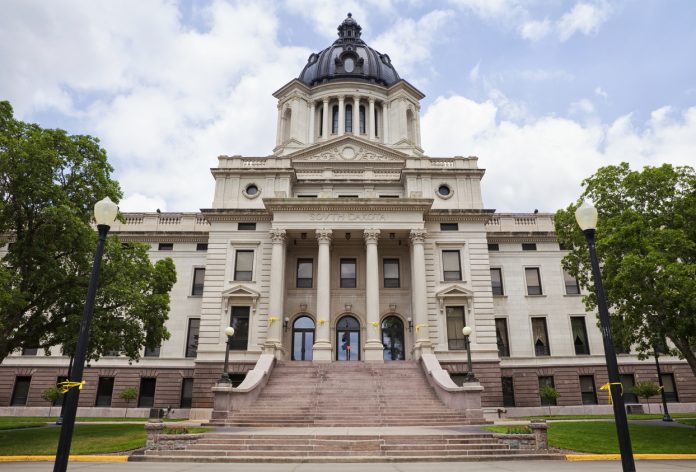
The South Dakota legislature continues to move at a fast pace, working to meet key deadlines and make tough decisions on over 500 legislative proposals. Friday, Feb. 23, is “crossover day”, whereby a bill must be acted upon by the chamber of origin or it is considered dead.
The South Dakota Association of Healthcare Organizations (SDAHO) started the session tracking 52 bills that could impact health care. As of Friday morning, there are eight proposals that are still undergoing deliberation. The SDAHO Bill Monitor shows that several initiatives we supported have already been signed by the governor. Additionally, of the eight bills opposed, six have been tabled. Overall, SDAHO has also supported 15 proposals and closely monitored 27.
As crossover day approached, one legislative proposal, SB 176, which was originally written to limit opioid prescriptions, was resurrected to tackle another issue. On Feb. 22 the Senate approved a major rewrite of SB 176 that will provide funds for the Attorney General’s office, for one year, to hire legal staff to work on investigation and litigation of opioid addiction and misuse. Supporters of this revision would like to see South Dakota become involved in efforts already underway in other states to hold pharmaceutical companies accountable for the economic and social costs associated with addiction. SDAHO had originally opposed SB176, but now we will take a closer look at the “new” bill as it proceeds through House hearings and discussion.
Together with the systems advocacy group, SDAHO has been successful in defending our position on legislative bills that could have interfered with efforts to implement the 100 percent FMAP policy and redirect savings to other initiatives. SDAHO and members have been active in the state’s Health Care Solutions Coalition, and opposed switching priorities midstream. Current estimates are that approximately $5 million this year will be reimbursed directly by the federal government for Indian Health Services (IHS) Medicaid enrollees who receive “coordinated” health care services.
Attention will be shifting to the Joint Appropriations committee as it starts to finalize the state budget. The committee has started to set budget marks for state agencies and decide the fate of several supplemental funding bills. As SDAHO has shared previously, while the overall revenue outlook has improved there are many groups competing to benefit from any potential extra dollars.






